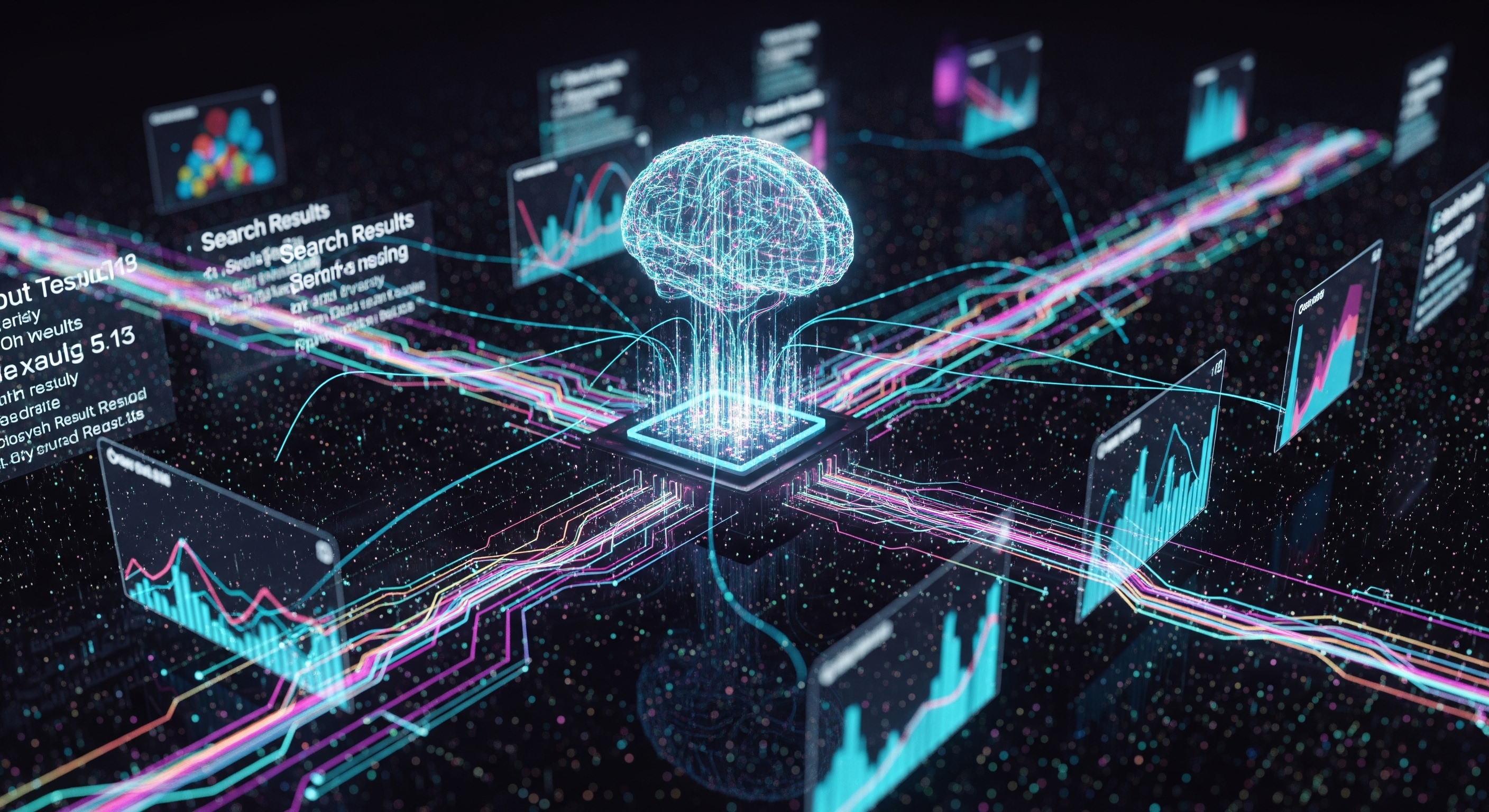
In the vast, ever-expanding digital universe, visibility is currency. Whether you're an e-commerce giant or a budding startup, getting your message in front of the right eyes at the right time is the ultimate quest. For decades, the digital landscape has relied on various ranking systems to determine what content, products, or ads appear at the top of a search result, a social feed, or a website. These systems, while effective for their time, often operated on predefined rules and limited data sets.
But a seismic shift has occurred. The advent of Artificial Intelligence (AI) has not just optimized these systems; it has fundamentally transformed them. AI ranking systems aren't just faster or more efficient; they represent a paradigm shift in how digital information is organized, presented, and optimized for impact. They are the invisible architects of our online experience, learning, adapting, and predicting with a sophistication that traditional methods simply cannot match.
At Finch, we live and breathe performance marketing, and we've seen firsthand how AI is reshaping the industry. Understanding what sets AI ranking systems apart isn't just an academic exercise; it's essential for any business looking to thrive in today's hyper-competitive digital arena. This isn't about replacing human intuition, but about augmenting it with unprecedented analytical power. So, let's dive deep into the fascinating world of AI ranking systems and uncover what truly makes them revolutionary.
Before we laud the marvels of AI, it's crucial to appreciate the shoulders upon which it stands. Traditional ranking systems, for all their limitations, laid the groundwork for modern digital discovery. Imagine the early days of search engines: they relied heavily on keyword matching and basic statistical analysis. If your website had the right words, it might rank. Simple, right?
These systems often operated on a set of pre-defined rules. For instance, a webpage might rank higher if a specific keyword appeared a certain number of times, or if it had a certain number of backlinks from other websites. Think of it like a meticulous librarian who has a rigid set of rules for organizing books: alphabetical order, subject categories, and so on. While effective for basic organization, this approach struggled with nuance and context.
Limitations were abundant. Manual data collection and analysis were laborious and prone to human error. Scalability was a major issue; as the internet exploded with content, manually assessing and ranking everything became impossible. Furthermore, these systems offered little in the way of real-time insights. Changes in user behavior or market trends couldn't be instantly factored in, leading to slow adaptation and missed opportunities. They often struggled with complex datasets, unable to discern subtle patterns or predict future trends with accuracy. While foundational, traditional ranking systems were static, reactive, and inherently limited by their human-programmed constraints.
Now, let's introduce the game-changer: Artificial Intelligence. AI ranking systems are not just an evolution; they are a revolution. Instead of relying on static rules, they leverage sophisticated machine learning algorithms to continuously learn, adapt, and refine their ranking logic based on a multitude of signals.
At their core, AI ranking systems are data-driven. They feast on vast amounts of data – from customer search queries and click-through rates to conversion data, engagement metrics, and even sentiment analysis. This "big data" fuel allows them to identify complex patterns and correlations that would be invisible to human analysis.
Consider the concept of "Learning-to-Rank" (LTR). This isn't a single algorithm but a family of machine learning techniques – including supervised, unsupervised, and reinforcement learning – specifically designed to optimize ranking.
This adaptive nature is a key differentiator. Unlike traditional systems that require manual updates and rule adjustments, AI systems are designed for continuous improvement. They are always learning, always refining, always striving for better relevance and higher performance.

The differences between AI and traditional ranking systems are profound and directly impact performance marketing outcomes. Let's break down the key distinctions:
The theoretical benefits of AI ranking systems translate directly into tangible advantages for performance marketing campaigns. Let's explore some key areas:
The shift isn't just about efficiency; it's about unlocking entirely new levels of strategic insight and operational excellence. AI empowers marketers to make smarter decisions, faster, and with greater confidence.

While AI offers immense power, it's crucial to remember that it's a tool. The human element remains indispensable. AI ranking systems are only as good as the data they're fed and the objectives they're given.
One critical aspect is explainability. Some complex AI models are often referred to as "black boxes" because their internal decision-making processes can be difficult to interpret. As AI is used for increasingly critical purposes in marketing, understanding why an AI made a certain ranking decision becomes paramount. Human marketers need to be able to audit and understand these systems to ensure they align with brand values, ethical considerations, and overall business objectives.
Another vital consideration is bias. AI systems learn from the data they're trained on. If that data contains historical biases (e.g., against certain demographics), the AI can inadvertently perpetuate and even amplify those biases in its ranking decisions. Human oversight is essential to identify and mitigate such biases, ensuring fairness and inclusivity in marketing efforts. This requires careful data curation and ongoing monitoring of AI outputs.
Ultimately, the most successful performance marketing strategies in the AI era will be those that strike a harmonious balance between human expertise and AI capabilities. AI handles the heavy lifting of data analysis, pattern recognition, and real-time optimization, freeing up human marketers to focus on higher-level strategy, creativity, ethical considerations, and nuanced understanding of human behavior. It's about empowering humans to achieve more, not replacing them entirely.
The trajectory of AI in performance marketing is clear: it's not just a trend, but the fundamental operating system for future digital success. By 2025 and beyond, we can expect:
For businesses looking to not just survive but thrive in this evolving landscape, embracing AI-driven ranking systems is no longer optional; it's a strategic imperative. It's about building a future-proof marketing strategy that can adapt, predict, and deliver unparalleled results.
AI ranking systems represent a monumental leap forward in digital marketing. Their ability to process vast amounts of data at speed, derive deep insights, predict future behaviors, and personalize experiences at scale sets them leagues apart from traditional methods. They are the engine driving the most successful performance marketing campaigns today, ensuring that every dollar spent is optimized for maximum impact and every customer interaction is highly relevant.
At Finch, we understand the intricate dance between cutting-edge AI technology and human strategic brilliance. We specialize in performance marketing that genuinely grows your business, leveraging the latest advancements to deliver measurable, impactful results for e-commerce brands. Our team of paid media strategists works hand-in-hand with proprietary technology to craft bespoke digital marketing strategies, optimize campaigns in real-time, and ensure you're always ahead of the curve.
Don't let the complexity of AI ranking systems deter you. Instead, let it be the catalyst for your next growth phase. If you're ready to harness the power of AI to achieve unparalleled performance in your digital marketing, contact Finch today for a consultation. Let's build a future where your business doesn't just rank, but truly dominates.